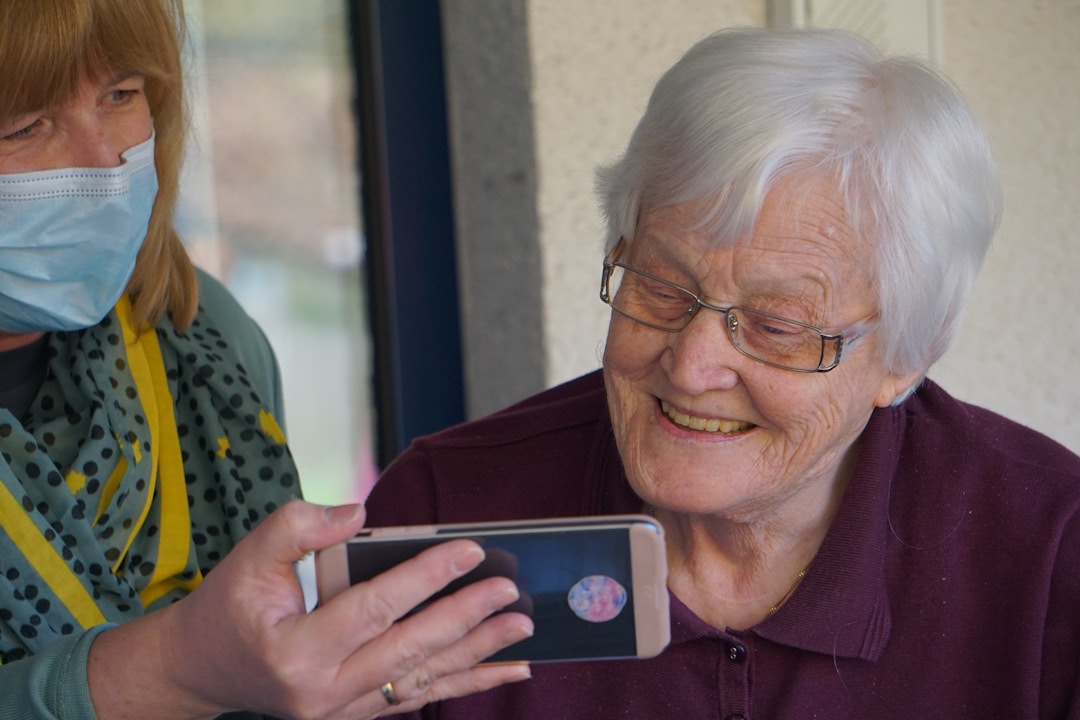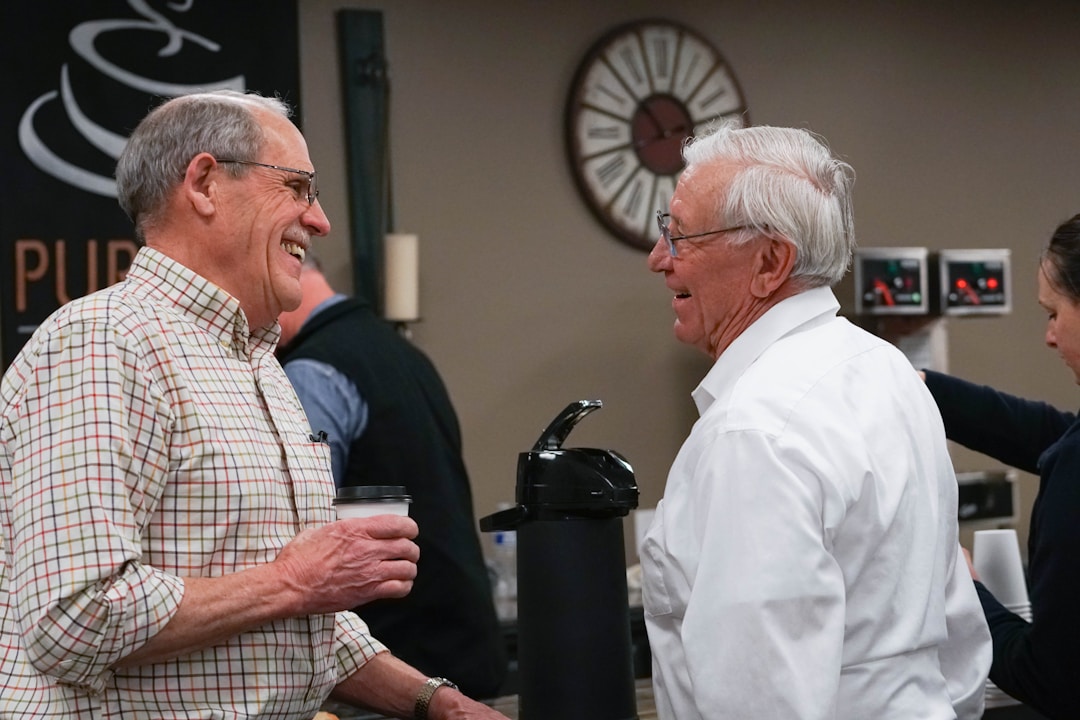For seniors, maintaining an active lifestyle is essential for ensuring good health and a sharp mind. Staying engaged in various activities not only enhances physical fitness but also keeps the brain stimulated and social networks robust. Whether it’s through embracing new technology, gardening, or lifelong learning, there are numerous ways for older adults to stay active and enjoy their golden years. Keep reading to discover practical tips and the myriad benefits associated with each activity.
Embracing Technology for Brain Exercises and Social Connection

Technology offers seniors a wealth of opportunities to keep their minds sharp. Brain training apps and online puzzles provide convenient and enjoyable ways to exercise cognitive abilities, such as memory and problem-solving. Tools like video calling and social media platforms help seniors stay connected with loved ones, overcoming physical distance.
Simplified services tailored for older adults, such as GoGoGrandparent review, offer easy access to transportation without requiring advanced tech skills. Entertainment options like social casino games provide enjoyable activities that also contribute to maintaining mental acuity.
The Benefits of Gardening for Both Mind and Body
Gardening offers both physical and mental benefits, making it more than just a leisure activity. Tasks like weeding, planting, and watering provide moderate exercise, enhancing agility and endurance. It’s adaptable to various fitness levels, ensuring everyone can participate.
Beyond physical health, gardening promotes mental well-being by fostering a sense of accomplishment and tranquility. Watching plants thrive nurtures a therapeutic connection to nature, reducing stress and promoting calmness. Growing fruits and vegetables at home encourages a nutritious diet, particularly beneficial for seniors managing chronic conditions.
Engaging in gardening provides sensory stimulation, benefiting brain health. The variety of textures, smells, and colors offer mental exercise, maintaining cognitive function. Gardening offers a holistic approach to wellness, combining physical activity, mental relaxation, and nutritional health.
Staying Active with Low-Impact Exercises
Physical activity is crucial for healthy aging, but not all seniors can engage in high-impact exercises. Low-impact activities like walking, swimming, or tai chi offer gentler options that still improve cardiovascular health and muscle strength. These exercises can be adapted to individual fitness levels, from leisurely walks to brisk walking, ensuring everyone can participate.
Consistency in such activities enhances mobility and reduces the risk of falls. Group exercise classes for seniors provide social support and motivation, while indoor options make it possible to stay active year-round, regardless of weather or outdoor access.
Engaging in Lifelong Learning and Skill Development

Retirement doesn’t mark the end of learning. Senior education programs offer opportunities for continued intellectual growth, creativity, and skill development. Learning new languages, musical instruments, or arts invigorates the mind and provides purpose.
With online courses and community classes, lifelong learning is easily accessible. Institutions often provide discounts for older learners, recognizing education as a lifelong journey. Beyond personal growth, these activities foster social connections through communal learning experiences.
The Importance of a Balanced Diet and Regular Health Check-ups
Maintaining health and vitality for seniors requires a balanced diet, which should include a variety of foods from all food groups to ensure essential nutrient intake. As nutritional needs change with age, focusing on nutrient-rich foods high in fiber, low in sodium, and containing healthy fats is crucial.
Regular hydration is equally important, especially since the sensation of thirst diminishes with age, increasing the risk of dehydration. Seniors should be mindful of their water intake to support bodily functions.
Staying proactive with health check-ups is vital for early detection and management of potential health issues. Regular visits to healthcare providers enable preventative care through screenings, which can significantly impact quality of life.
Conversations with healthcare professionals during check-ups provide tailored advice on exercises, dietary adjustments, and lifestyle modifications to improve or maintain health status.
Overall an active lifestyle for seniors involves various elements that enrich their golden years. By incorporating technology, gardening, low-impact exercise, lifelong learning, and good nutrition into daily routines, seniors can enjoy a fulfilling life. These activities are vital for mental sharpness and physical well-being, maximizing the quality of later life.
Leave a Reply